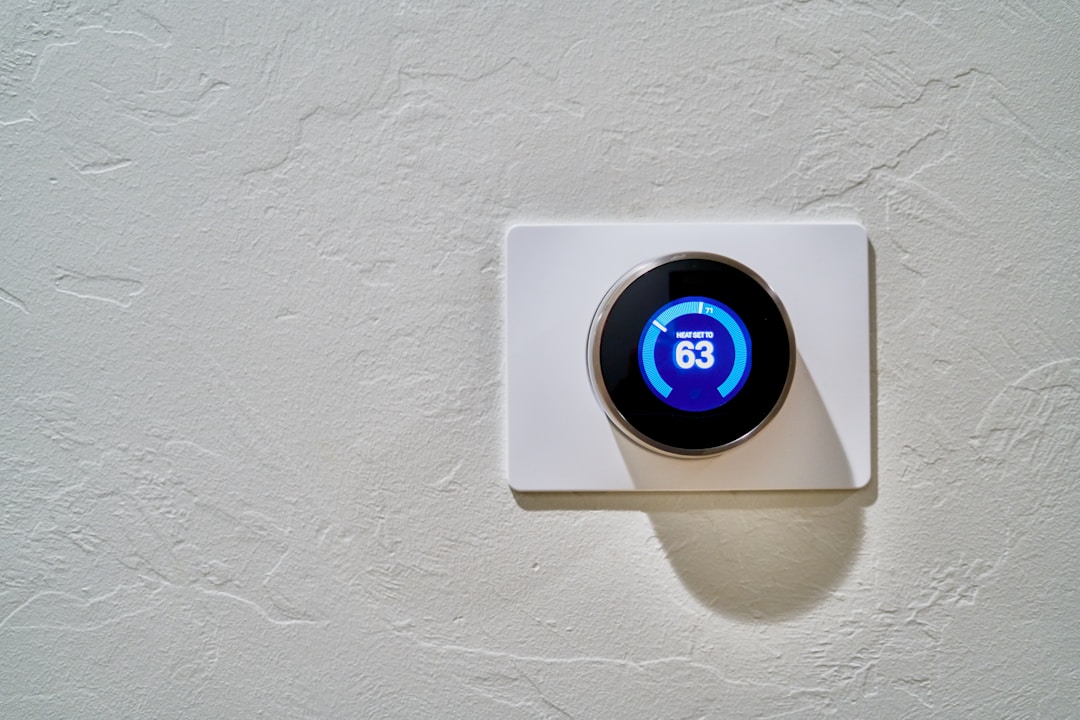
One of the most expensive things most people buy during their lifetime is a house. A house shelters you from the elements and a place to store your possessions and perform routine functions, such as sleeping and eating, but your home also represents security. A great, functional home will be where you make memories with your family.
Homes can also represent a financial investment. Instead of spending money renting a property, you can pay a mortgage and accrue equity. It’s possible to sell your home later and profit financially. Using these simple strategies will help you maximize your investment in your home while enjoying the practical and personal benefits your home offers.
Make your home’s systems and appliances last as long as possible.

You won’t maximize your home use if you’re avoiding rooms with cold drafts or plagued by high energy bills. Implementing tips for saving on electricity can help lower those bills. You can use smart summer cooking options to further reduce your AC costs and extend your stove’s life. Barbecue food outdoors to avoid heating your house.
Maximize your savings and extend your appliances’ lifespan by running your washer, dryer, and dishwasher when they’re full, operating appliances during non-peak hours, and replacing old appliances with Energy Star models. Limit the use of your water heater by washing clothes with cold water and wrapping your water heater with insulation, which will prevent heat loss.
Caulk windows to eliminate gaps between the window and the frame to eliminate drafts. You can also invest in thermal curtains, which offer extra insulation to prevent heat loss through windows. Thermal curtains can also block out sunlight, which prevents your home’s temperatures from skyrocketing on hot summer days and reduces demand on your heating, ventilation, and air conditioning (HVAC) system. You’ll benefit by using less energy and extending your HVAC system’s life.
Install a programmable thermostat and adjust the temperature when nobody is home. When you’re at work, keep your house a few degrees warmer or cooler than usual to reduce demand on your HVAC unit.
Plan renovations and repairs in advance.

Invest in annual maintenance to ensure your home’s major systems are running correctly. Regular maintenance will also ensure issues are identified as soon as possible and can prevent costly repairs later. Change your filters regularly to reduce the strain on your system, and have technicians clean your air ducts to eliminate blockages that would prevent your HVAC unit from working harder to distribute air throughout your home.
When possible, hold off on renovations and repairs. You might need to have a plumber fix a leaky faucet immediately to avoid high water bills, but if your home has other water issues, you may be able to wait and save money. If your home has hard water, you could opt to drink Labrador bottled water until you find a water softening system that’s on sale.
You can also try to anticipate your renovation or repair needs in advance to take advantage of discounts when they’re available. If you’re planning to finish your attic, you can acquire supplies, such as insulation and drywall, when they’re on sale. If you know your driveway will need to be repaved within the next two years and have other neighbors planning to have their driveways repaved, you may be able to book services together to save money.
Depersonalize your property when it’s time to sell.

Homes that contain a lot of personalized touches can be harder to sell. Potential buyers may be distracted by the need to repaint rooms, remove wallpaper, or remove other unique features in the home.
Repaint your home with neutral colors to maximize its appeal to buyers. If you’ve installed personalized items new buyers may not like or plan to use, have them removed. For example, custom cat ledges built into the walls may be ideal for your pets but may be an eyesore for people who don’t own cats.
Consider putting sensitive items in storage before you list your property. If you have a shrine or memorial in your house, it could deter potential buyers, particularly if they have different religious beliefs.
Your home can provide you with practical, personal, and financial benefits. Caring for your home’s systems and appliances can extend their life and decrease the amount of money you spend on repairs. You can also keep all areas in your home comfortable so you can enjoy them year-round. When it’s time to sell, you’ll be the most value for your property if you depersonalize the decor and remove potentially sensitive items.
